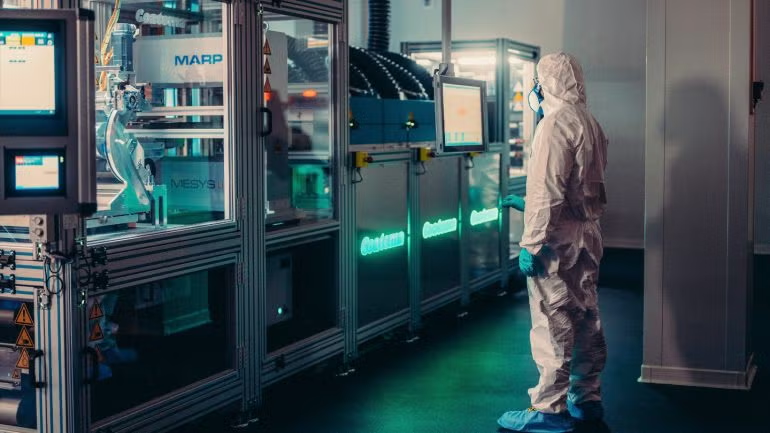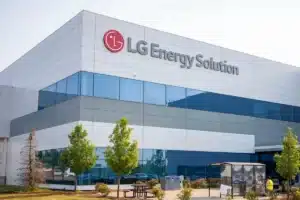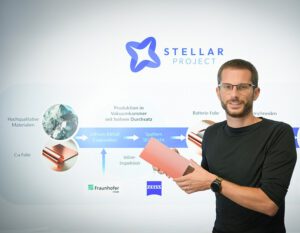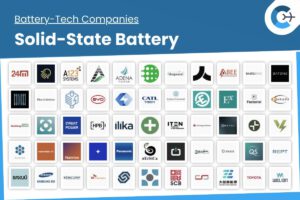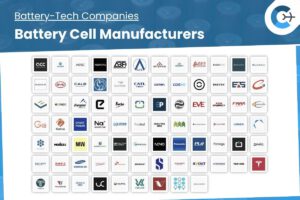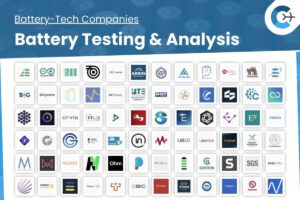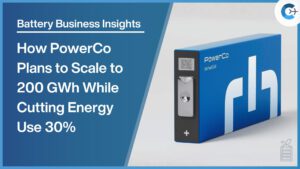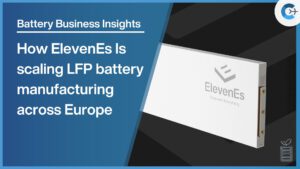On October 30, 2025, Ampere, the electric vehicle and software division of Renault Group, entered into a Joint Development Agreement (JDA) with Stratus Materials Inc., a developer of high-energy cobalt-free cathode active materials. Under this agreement, the partners will evaluate the integration of Stratus’s LXMOTM technology into next-generation Renault EV battery cells. Testing will take place at Ampere’s newly opened Battery Cell Innovation Lab in Lardy, France, alongside Stratus’s facilities in Pittsburgh, Pennsylvania.
Stratus’s LXMOTM cathode material—a lithium x manganese oxide formulation—offers energy density on par with or exceeding that of nickel-manganese-cobalt (NMC) chemistries, while demonstrating cost and abuse tolerance similar to lithium iron phosphate (LFP) systems. At the pack level, the technology has the potential to roughly double energy density compared to existing NMC- or LFP-based configurations. Such improvements could translate into longer driving ranges, enhanced safety margins, and lower overall vehicle costs.
This collaboration marks the third phase of Ampere’s battery strategy, following its current use of NMC for high-density applications and planned adoption of LFP cells in 2026. Nicolas Racquet, Vice President of Vehicle and Powertrain Engineering at Ampere, noted that high-energy cobalt-free materials are of strong interest due to their balance of performance, cost, safety, and cycle life.
“Ampere is looking closely at high energy cobalt-free materials because of their potential advantages compared to incumbent cathode materials. Stratus’s LXMOTM CAMs have gained Ampere’s attention because of their unique and compelling combination of performance, cost, safety, and cycle life.” Nicolas Racquet, VP Vehicle & Powertrain Engineering, Ampere.
Jay Whitacre, the CEO of Stratus, commented, “We are thrilled to have LXMOTM selected by Ampere and Renault Group as a candidate for deployment into their future vehicle portfolio. Our progress to date with Ampere has been strong and we look forward to delivering on the ongoing JDA and moving together toward full vehicle deployments.”
By combining Ampere’s vehicle integration expertise with Stratus’s innovative cathode chemistry, the JDA aims to accelerate the development of battery cells that meet industry demands for higher energy density, improved safety, and reduced environmental impact. As automakers continue to seek alternatives to traditional cobalt-containing materials, partnerships like this one underscore the industry’s drive toward more sustainable and cost-effective battery solutions.
Source: Stratus Materials News

